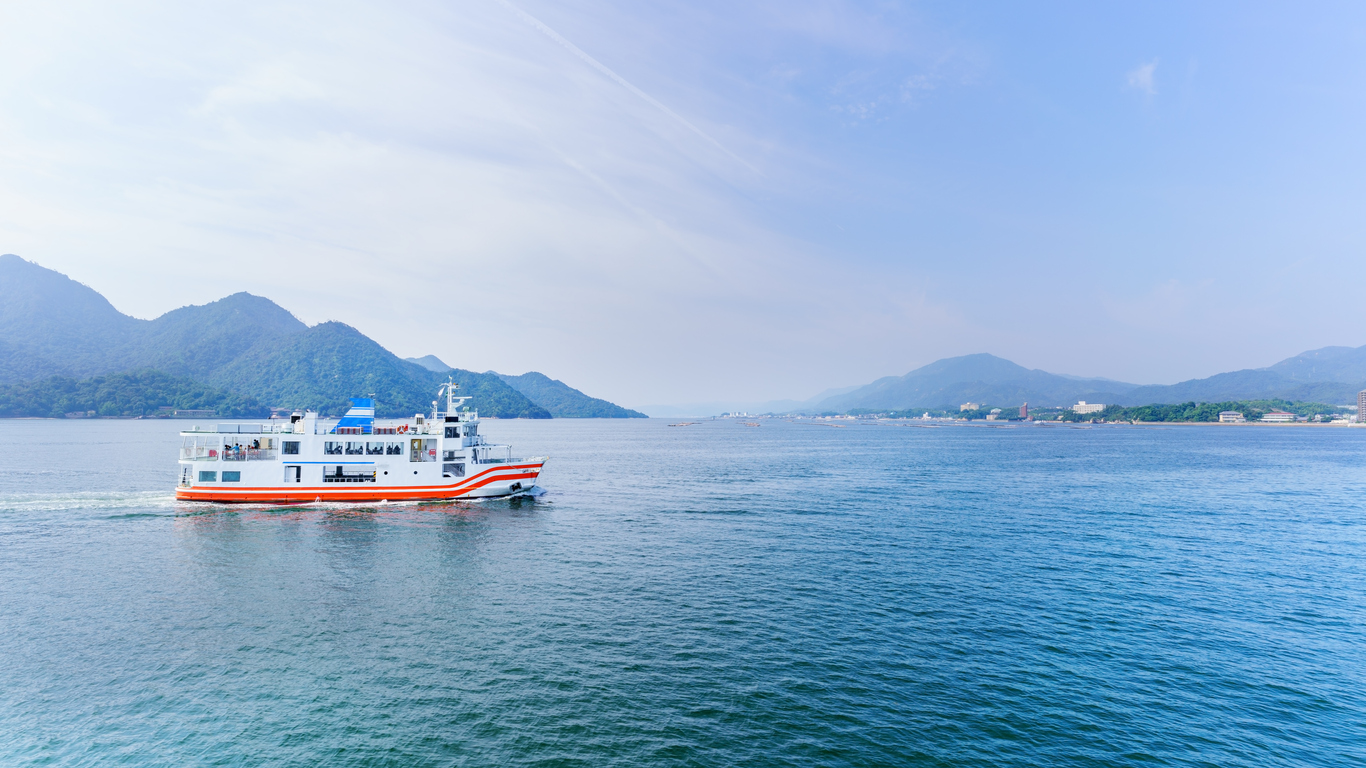2024/10/10
Confidence in “Japan-Quality” is Shaken. Eliminate the Inward-Focused Organizational Logic

On September 18, the Japan Coast Guard arrested the president of a tour boat operator, Shiretoko Yuransen, on charges of professional negligence resulting in death, over the fatal sinking of the company’s “Kazu I” tour boat off the Shiretoko Peninsula in Hokkaido in April 2022. The accident claimed the lives of 20 of the 26 passengers and crew, while six remain missing. Although two and a half years have passed since the tragic incident, the president’s dishonest behavior, as seen in news reports at the time, still remains clear in my memory. A class-action lawsuit has also been filed, seeking a total of 1.5 billion yen in damages. The president’s criminal responsibility for the company's negligent safety management will eventually be determined through the investigation.
On September 17, one day before the arrest of the tour boat company president, the Ministry of Land, Infrastructure, Transport, and Tourism (MLIT) issued orders to JR Kyushu Jet Ferry Inc. to improve transport safety and dismiss its safety and operations managers. This administrative action was imposed because it was revealed that the company had persistently covered up a water leak on its high-speed passenger ferry, the Queen Beetle, which operates between Hakata Port in Fukuoka and Busan Port in South Korea, while neglecting its duty to report the issue to authorities and continuing to operate the ferry. This marks the first time in Japan that an order to dismiss two responsible managing directors has been issued.
A water leak was first identified on the Queen Beetle in February 2023. However, the company continued to operate the ferry for several days without reporting the issue to either the administrative authority or its parent company (Kyushu Railway Company). After that, the ship went in and out of the dock several times, which led to the first notice of the “order to ensure transportation safety” in June 2023. Despite this, the company hid the water leak problem through 2024, until it was revealed, and steps were finally taken. According to some reports, the cover-up was carried out under the direction of the president of the jet ferry company, who had been appointed by its parent company (JR Kyushu). The deception was particularly malicious, involving actions such as tampering with sensor placement to disable alarms. Under stricter regulations on ship management and safe navigation following the deadly KAZU 1 accident, the illegal misconduct by the JR Kyushu’s subsidiary is nothing short of a betrayal of all those who are pursuing marine safety.
As I was writing this article, news broke that a coupler of a running train on the East Japan Railway Company’s (JR East) Tohoku Shinkansen bullet train line became unhinged, causing the train to make an emergency stop with the cars separating. The Tohoku Shinkansen faced another issue of breaking of overhead cables earlier in January this year when equipment supporting the cables was damaged. This equipment had reportedly been in use for over 30 years, exceeding its replacement time. Furthermore, the Japan Freight Railway Company (JR Freight) committed inspection data fraud, leading to the suspension of all freight train operations. Falsified records were also uncovered at Tokyo Metro Co., Ltd. during the inspection of wheels and axles.
These are a series of fraudulent acts across industries, including automobiles, ship engines, motorcycles, construction machinery, and railways—industries that once took pride in the hallmark of “Japan-Quality.” To me, repeated acts of injustice suggest shrinking organizations and individuals driven by a “fear of stagnation.” It is imperative that every company worker first reassess their own standards of judgment and behavior because that must be the starting point for renewal and innovation.
This Week’s Focus, 9.15 – 9.19
Takashi Mizukoshi, the President